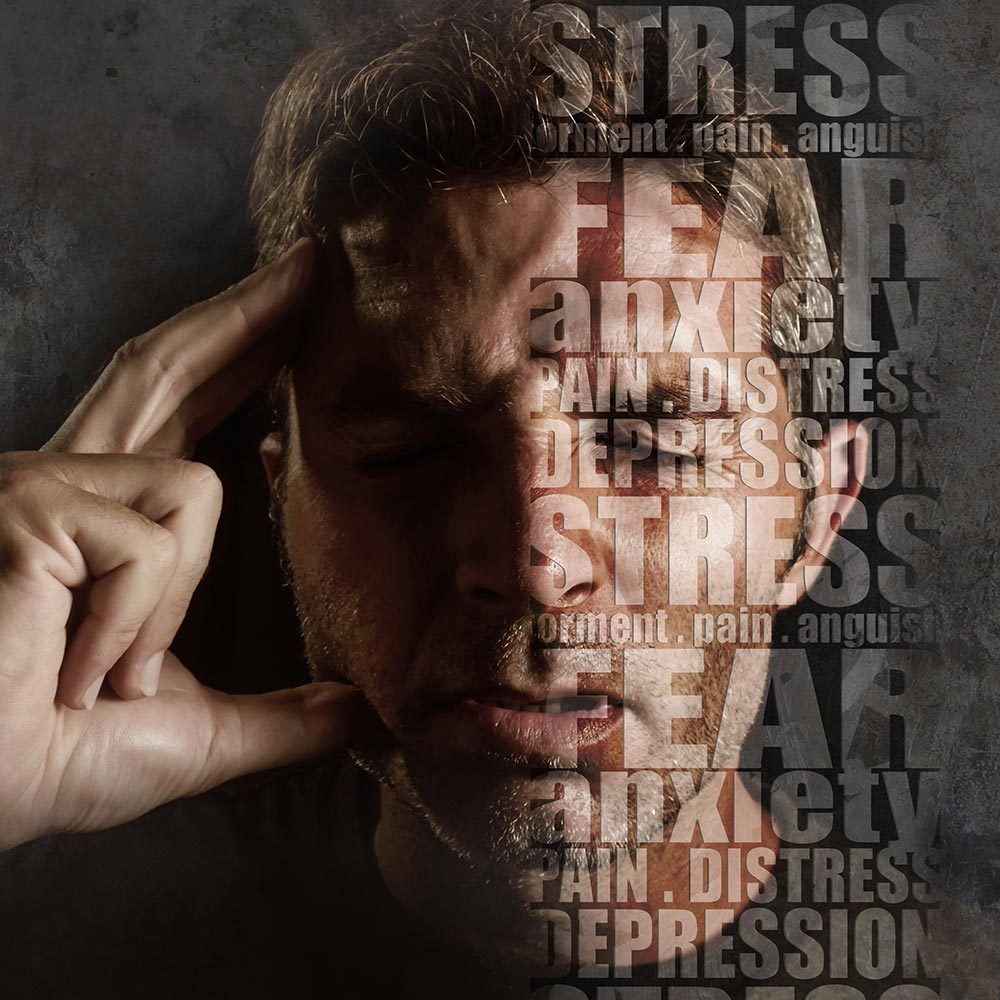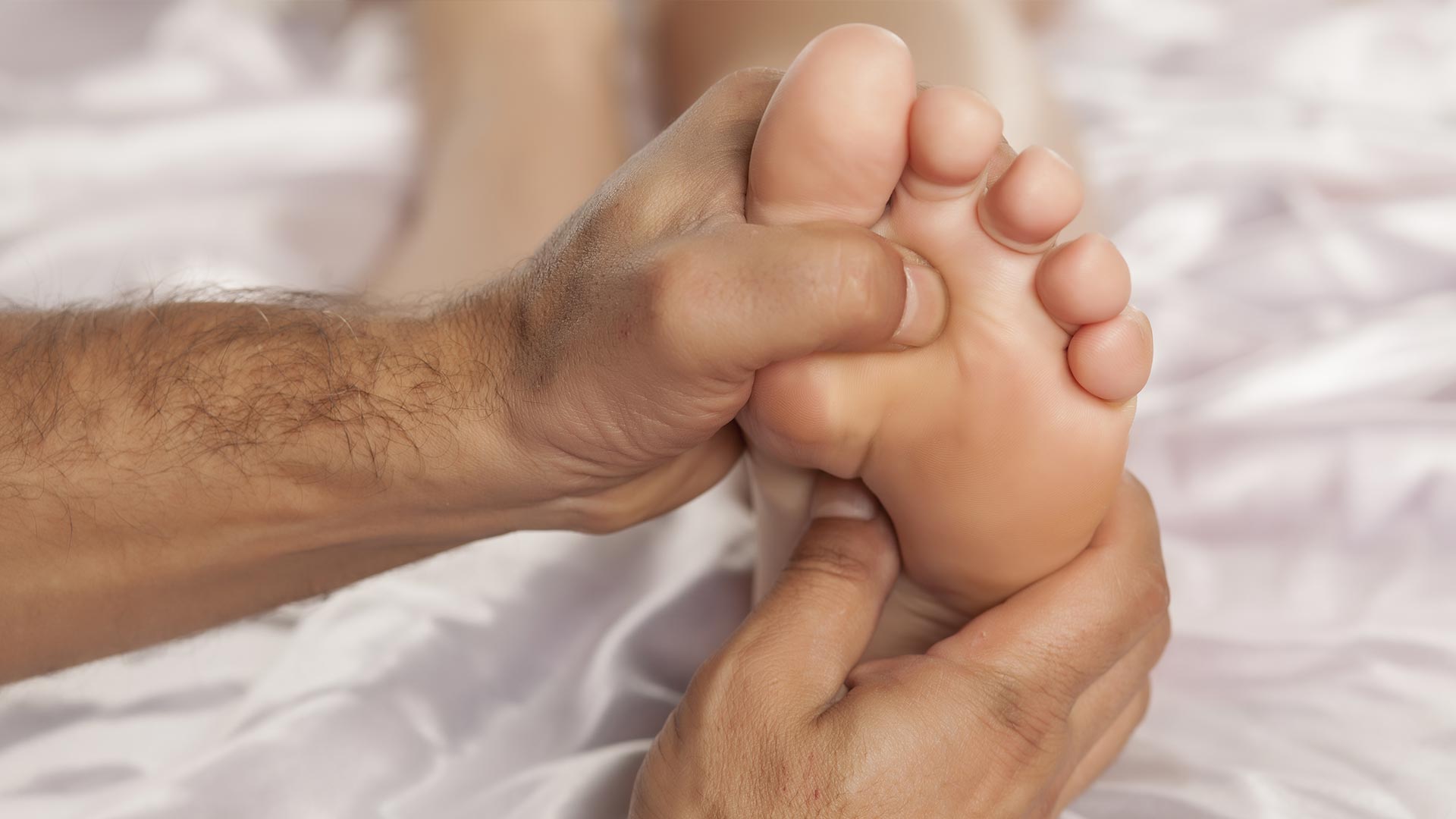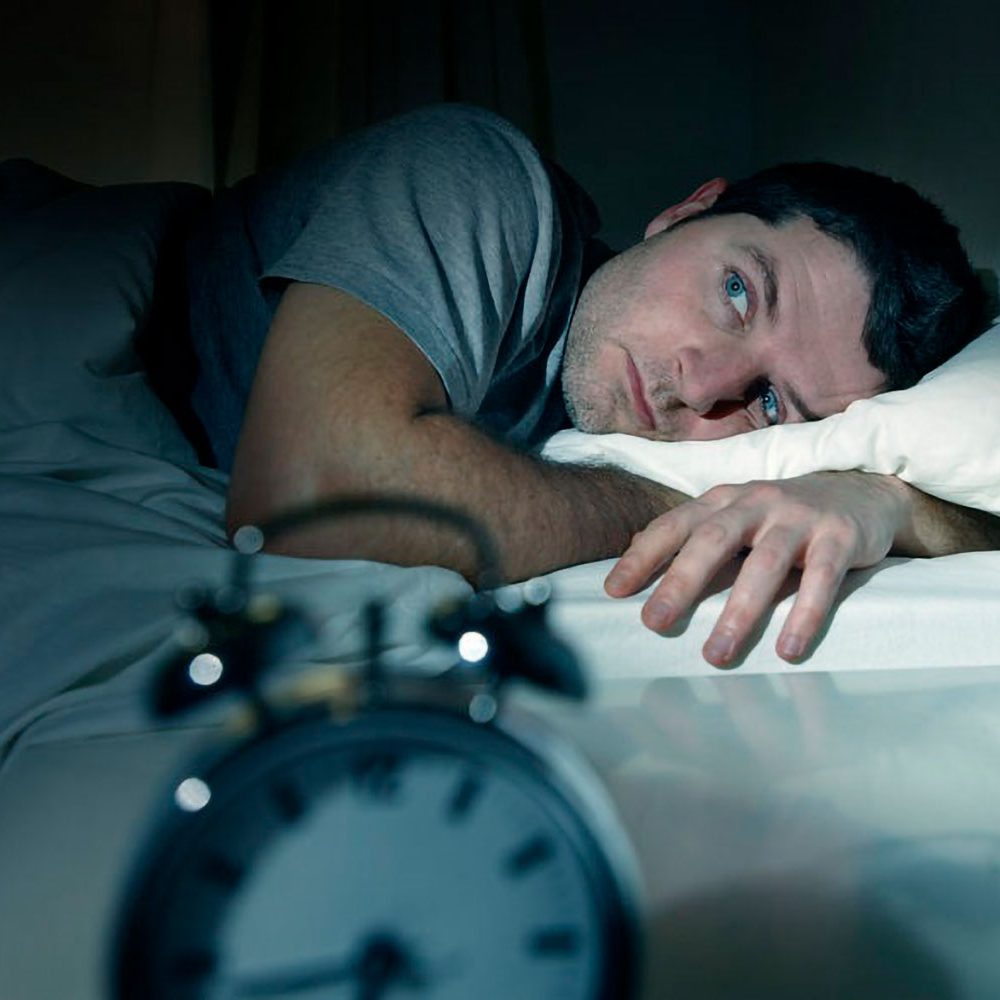Trauma
Suffering from a the effects of a traumatic event? Or a traumatic childhood? Or PTSD? This can help.

Are you experiencing one of the following symptoms?
- Irrational fear response
- Feeling angry or irritable
- Generally feeling insecure
- Feeling disconnected or numb
- Having very few connections with others
There are many different reasons for unprocessed or unresolved trauma
The limbic system in our brain is hardwired to assess everything as a risk unless proved otherwise; Our mind is an amazing survival tool! It is equipped to help us survive even in the most extreme situations. People often underestimate the severity of a traumatic event they have experienced, but once the mind has experienced a trauma it works very hard to ensure you don’t have another similar experience. Sometimes even a event which is only a small part (sense) of the original trauma, will trigger your mind and body to react. For example, an isolated smell, sound or a feeling. Like sitting in the park on a summer’s day without a care in the world (seemingly) and a panic attack ensues. Why would that happen? Well, the brain and body takes in 11 million bits of information every second. Its job is to pattern match everything (sight, sound, sense, taste, smell and hearing) and to alert your sympathetic system if it recognises something which maybe similar to a trauma that you’ve experienced previously (even decades ago). And no matter how severe the trauma is (being unexpectedly physically attacked for example) or how small it seems (Teacher humiliating you if front of your peers) the brain will process the trauma in the same way.
To keep you from experiencing that trauma again your mind will create thoughts such as “I don’t like this” (low level) to feelings both physical (can’t breathe or trembling) and bodily (panic, trapped etc) (high level) or even abreaction (reliving the experience) so have no option other than to flee or to fight!
Recommended reading: Waking the Tiger by Peter A. Levine and The Body Keeps the Score by Bessel Van Der Kolk
Top Tips to fight Trauma responses
- Be aware that changes can be made, that you don’t have to be trapped in this mindset forever. Trauma is not a life sentence
- Find your ‘tribe’. No one can understand what it is you are going through and this means feeling isolated and alone which makes your life seem far worse. Connecting with people that support you, don’t judge, criticise or dismiss your feelings and opinions is essential
- Resist self soothing behaviours that is detrimental to your health. Alcohol, drugs and self harm are some of the behaviours that help dull the pain but, of course, bring about other problems and issues which means you’ll have more to deal with.
- Find an experienced therapist you can work with. Trauma and PTSD can be overcome however you will need help to make the changes in the brain which will process and /or reframe the way the brain is holding the trauma experience. Most importantly find one you feel that you can trust, work with. A therapist that makes you feel you can build rapport with. Ask for a free consultation before considering working with therapist and trust your intuition.
How we can help you
We have several qualified and experienced therapists that can help you to process unprocessed trauma. Irrespevtive whether you suffer from PTSD, childhood trauma or trauma from a significant event the mind and body processes the trauma in the same way. EMDR, EFT, AMDR are all very effective ways to help process and resolve the trapped trauma. Working with both the mind and the body is vital. The latest developments in neuroscience and psychoneuroimmunology has discovered solid evidence of the pathways in which the mind and body mutually communicate. EMDR, AMDR and EFT all work with this understanding. We need to wok with the body as well as the mind if we are to heal the wounds of trauma.
Therapies to help you overcome Trauma
Unsure what‘s the best solution for you?
Contact us now for a free and friendly first consultation.















